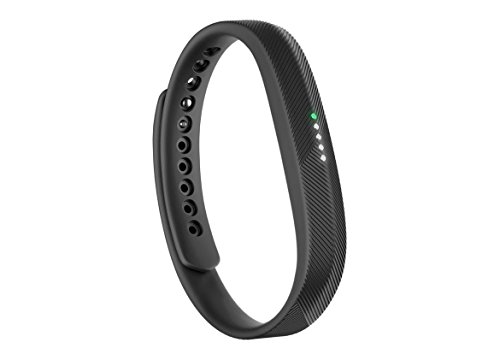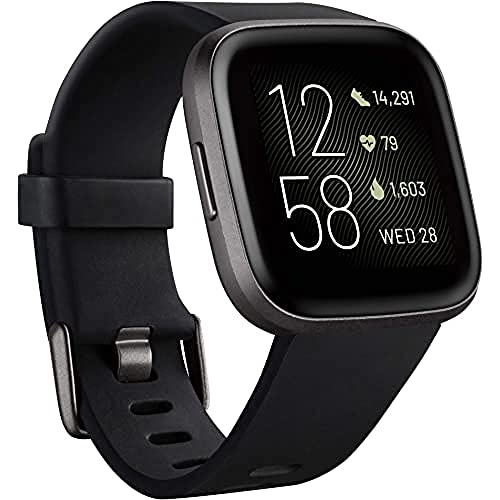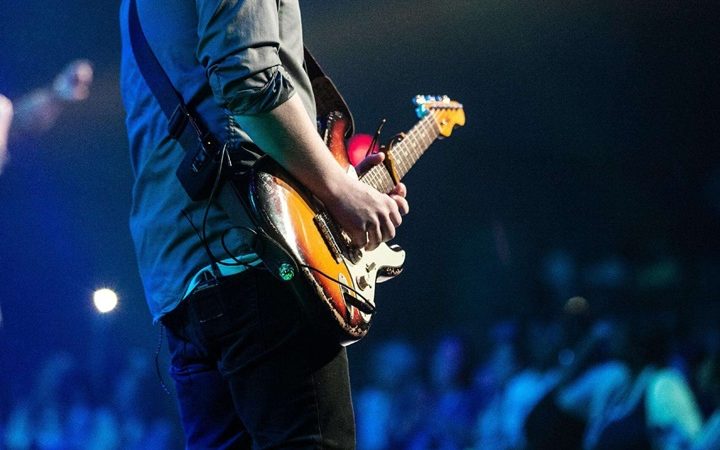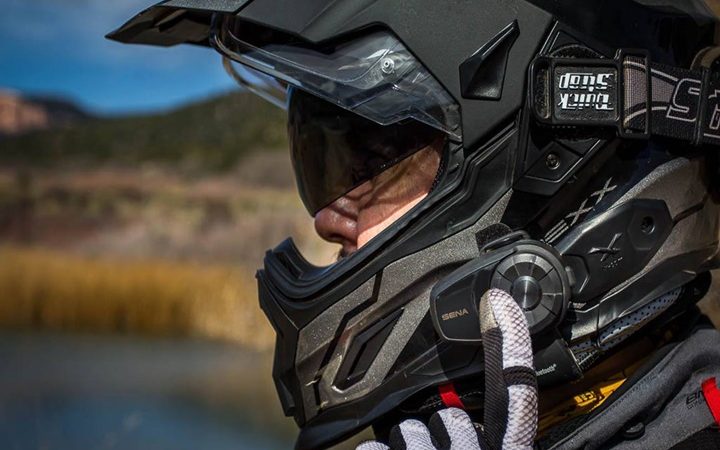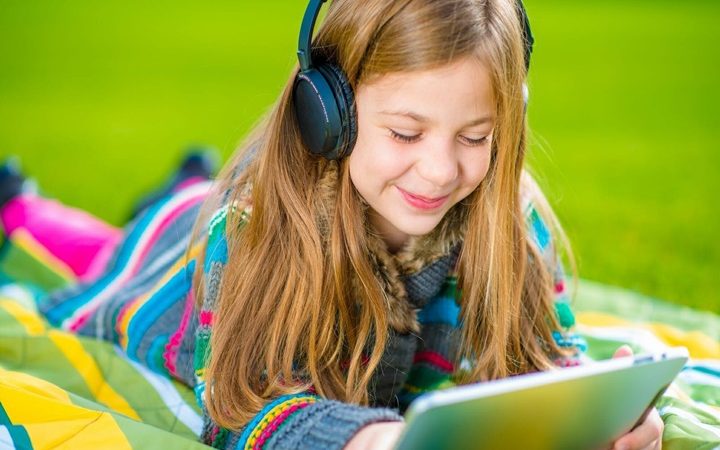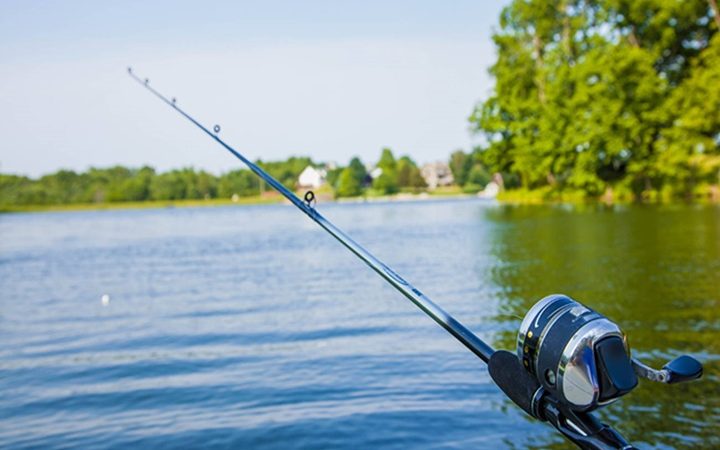Best Fitbit for Kids
In our modern age where we constantly dwell on data, numbers and statistics, our increasingly number-centric mindset seems to permeate deep into every facet of daily life. From tracking the amount of food, you eat, the money you spend on groceries to the hours you spend working on a task, such a trend can also be seen to apply to fitness.
This is not to say that this is a bad trend necessarily. They certainly come with merits: they help us keep tabs with our overall physical health and allow us to track our fitness journey. Accordingly, fitness trackers like Fitbit have become all the rage.
With its whole host of functionalities from tracking your daily sleep patterns to your heart rate to even the number of calories you burn off in any given day, it should come as no surprise as to why Fitbit’s popularity has rightfully skyrocketed.
Now one worrying trend we’re currently seeing is child inactivity. The WHO reports that up to 80% of children worldwide don’t exercise enough! This is a hugely worrying public health concern which parents across the globe are trying to desperately remedy. Thankfully this is where Fitbits come in – kids absolutely love technology.
Not only would a Fitbit help parents check on their kids’ health, but by allowing kids to see their own daily activities, a Fitbit could very well motivate a kid to become more physically active. And if done right, good health habits will be impressed upon them which would serve them well into their adult years to come.
If you’re convinced and think a Fitbit would serve your child well, check out our list below for some of the best Fitbit options out there for you!
Contents
Best Fitbits for Kids
Fitbit Alta HR
Coming in a huge variety of colours from black to grey to coral, the Alta HR though intended primarily for adults in mind, would still make a fantastic option for any kid out there. Totally capable of tracking your child’s physical activity 24/7 from sleep to exercise, its functionality is exceptional. It even comes equipped with a battery that can last up to 7 days of constant usage so if your child is forgetful when it comes to charging up their devices, this should not be an issue at all.
The best feature however is ironically, its lack of features. It comes with a simple, minimalist and compact OLED display that shows only the bare essentials: distance travelled, calories burnt, heart rate, etc.
Thus, reading the device should be a fairly straightforward and intuitive process no matter the age of your child. And if that wasn’t enough, it also comes with full synchronisation with smart devices (either yours or your kid’s) so keeping track of their progress will be a breeze.
Fitbit Flex 2
Designed specifically to resist the stresses and damage caused by the most intense of aquatic activities, if your child is an active swimmer, the Fitbit Flex 2 should be high on your list. It doesn’t matter whether your child is scuba diving deep in the sea or taking their swimming lessons at school, this device thrives in watery environments.
That being said, first and foremost, it is still a fitness tracker. It’ll do everything you expect it to from monitoring sleep patterns to tracking heartrates. But what you might notice is different is how it lacks a display and, in its place, sits just five small, LED display lights which light up according to the progress made by pre-set daily goals.
As such it goes without saying that syncing the Flex 2 with a smart device is absolutely essential to get the most out of it so if you think your child is tech savvy enough to appreciate this device, it must just be the right fit for you.
Fitbit Versa 2
By far one of the most well-equipped devices Fitbit has produced, the Fitbit Versa 2 offers a smartwatch experience that is paralleled by none. If you want your child to have the full smartwatch experience beyond simply tracking their daily activities (e.g. taking advantage of Alexa, listening to music on Spotify, and customising displays to fit their individual style), then the Versa 2 is a no brainer.
However, if you intend to go down this route do keep two things especially in mind. Firstly, this is a full-on smartwatch designed for adults and second, its price point is relatively higher compared to other similar devices.
So, if you do outfit your child with a Versa 2, ensure they both understand how to take full advantage of the device and know how to take proper care of it to maximise its overall lifespan. On that note, you may find this device better suited for older kids as opposed to say, under 8-year olds.
Fitbit Charge 3
Accuracy and precision is the name of the game when it comes to the Fitbit Charge 3. Coming fitted with some of the most impressive and advanced fitness tracking technology available on the market, it doesn’t matter whether your kid is going for a jog, swim or even a yoga class – the numbers and data collected will not lie.
You’ll also find it comes with full health tracking functionalities along with water and heat resistance. Though with its complex design and wristband circumference specifications, this is undoubtedly a device suited for older kids.
It does come fitted with a respectable battery life of an entire week with full charge along with 15 unique exercise modes so if you and your kid both care deeply about exercise and health, consider this a potentially worthwhile investment into your kid’s healthy future.
Fitbit Ace
Clearly designed with children as the target demographic, the Fitbit Ace would be an ideal choice for any child aged 8 and upwards. It doesn’t just come with the slick, Fitbit-esque design we all love along with full health tracking capabilities and water resistance, but it comes with a few unique yet relevant features.
It comes equipped with a reward feature that gives kids a sense of achievement once they reach a certain goal (e.g. walking 2 miles in a day) through digital badges and congratulatory messages.
It even lets kids compete and communicate amongst themselves to exercise competitions and lets parents have full discretion and control over the device through parental controls. So, if your child sits on the younger side of age, the Ace will be a more than ideal option for them.
Fitbit Inspire
Designed with the Alta HR model serving as the base blueprint, the Fitbit Inspire HR with its hugely affordable entry price takes things up to the next level. With a stylish OLED display bound to offer an easy reading experience for any child along with its various exercise/sports modes, the Inspire will be able to easily adapt to a wide range of situations.
If your kid is particularly into a number of different sports from running to swimming, this device will be fully capable of making accurate measurements and tracking. Further, much like the Ace, little celebratory messages pop up whenever a certain goal is met which can add a layer of motivation for any child!
Fitbit Zip
If all this talk of complicated features and smart devices intimidates either your child or yourself, fear not for the Fitbit Zip offers a fantastic compromise between simplicity and functionality. Coming in either blue, charcoal or lime along with your standard functions from step tracking to distance travelled, by linking the Zip to any appropriate smart device, you’ll be able to keep full track of your child’s physical health data.
Now do note that it obviously lacks the functionalities you’d find on the other options on our list, but it does come with a few nifty tricks of its own. Its battery is absolutely monumental, being able to last up to half a year with its replaceable cells while its clipper, small size and light weight would make it easy for any kid to wear without being burdened.
As you can tell, it is small so if your kid has notorious butterfingers, this may not be the most suitable option but if they can manage their own belongings, you’ve found your match.
Fitbit One
Staying true to the trend of non-smartwatch Fitbits, the Fitbit One also offers a similar experience to that of the Zip but goes a step further in the right direction. It’s still a clipper-based device that tracks everything you’d expect it to track though it comes with a few subtle differences.
First, its battery is non-replaceable so you’ll have to charge it up whenever it runs out of juice (a full charge can last for up to two weeks of usage). And second, though this can technically track sleep patterns, you’ll have to manually set it up to do so (unlike for instance, the Alta HR). Accordingly, in exchange for these trade-offs, the device comes with a far more visual display which can be read even without a smart device.
Three Things to Look for in a Fitbit
Durability: Let’s be honest with ourselves, children aren’t known for being the most careful of us. With their slippery fingers and sometimes careless attitudes, you should expect any device you purchase for them to go through considerable amounts of stress. We can’t emphasize enough how certain it is that your child will drop, scratch and put the Fitbit in places where it should stay far away from (e.g. the fridge!) so you’ll need something that can withstand all these scenarios.
Of course, this depends entirely on the nature of your child so before you make a purchase, make a hard, honest assessment and you should be set!
Size: Tying into the recurring theme of child carelessness, we’ve seen countless Fitbits go missing over the years under the hands of a child. If your kid tends to lose things very often, we’d suggest you go for a Fitbit that can be worn like a watch – chances are if they’re fastened tightly on their wrists, it’ll be almost impossible to lose.
Conversely, Fitbits like the One and Zip given their tiny sizes may not be the best option under the watch of a forgetful child.
Features: The majority of Fitbits are designed with adults in mind so a vast range of functionalities may go unnoticed and unused by children. For instance, SMS notifications and GPS tracking may not be very relevant to your child if they’re particularly young and don’t own a phone yet.
So, before you decide on a Fitbit, you should have a conversation with your child to see what they may want out of such a device and obviously, take careful note of their age.
Frequently Asked Questions
Do I really need a Fitbit for my kid?
If you truly care about the fitness and overall health of your kid, then our answer is this: absolutely. Being able to not just track your kid’s sleep patterns and physical activity but their physical location has a huge number of benefits for any parent and can easily help you plan out your kid’s fitness and diet regimen if need be. And if any red flags should present themselves, you’ll be able to easily identify them early on and address them accordingly.
Which Fitbit should I get for my child?
Again, we want to emphasize that this depends entirely on your child’s personality and age. If you truly think that your child can handle the added responsibility of owning a pricy device, then you should consider the more expensive and fancy options on our list as they will easily be able to last for the many years to come. Likewise, if your child is young and particularly clumsy, what you should do goes without saying.
Are Fitbits legal for my kid?
Under local data protection and privacy laws, only children aged 13 and up are legally allowed to own a Fitbit device of their own, with the exception for devices designed especially for younger children such as the Fitbit Ace. That being said, this is not to say that other non-child oriented models are illegal for your child to own. They just are not allowed to set up and manage their own account. So, to get around this, you’ll have to create a family account though this shouldn’t be too much of a hassle at all!







